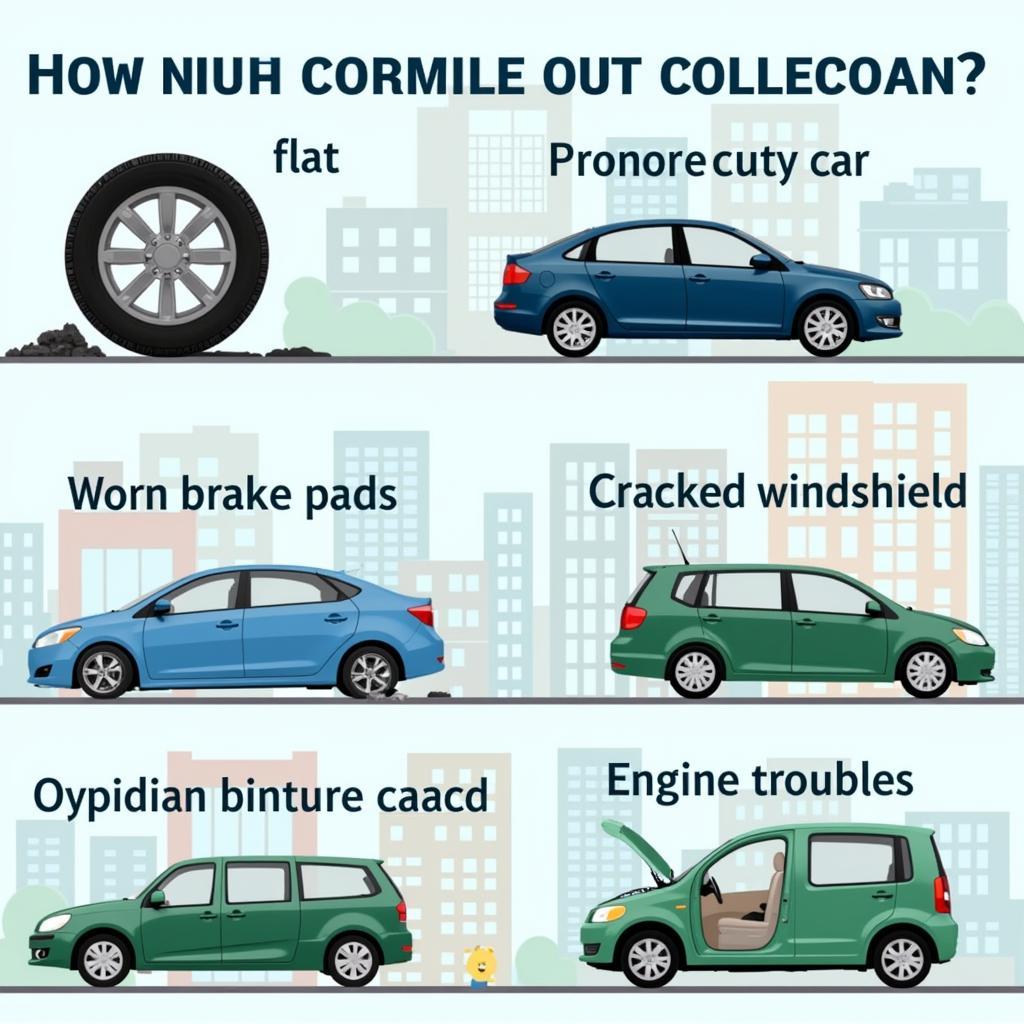Understanding whether a car loan is a fixed or variable expense is crucial for effective budgeting and financial planning. This article will delve into the intricacies of car loans, exploring the different types and how they impact your monthly expenses. Let’s break down everything you need to know about fixed and variable car loans. You can learn more about fixed car loans here: fixed car loans.
Fixed vs. Variable Car Loans: What’s the Difference?
A fixed-rate car loan maintains the same interest rate throughout the loan term. This means your monthly payments remain consistent, making budgeting predictable and straightforward. Conversely, a variable-rate car loan has an interest rate that fluctuates based on market conditions. This can lead to fluctuating monthly payments, making budgeting more challenging.
Decoding Fixed Car Loans
With a fixed-rate car loan, you lock in an interest rate for the duration of your loan. This provides stability and predictability, allowing you to accurately forecast your monthly expenses. This predictability is particularly beneficial during times of economic uncertainty. Learn how to compare different fixed car loan options with our guide on fixed rate car loan comparison.
Benefits of a Fixed Car Loan
- Predictable Payments: Your monthly payments remain the same, simplifying budgeting.
- Stability: You’re protected from interest rate hikes.
- Peace of Mind: Knowing your payment won’t change offers financial security.
Understanding Variable Car Loans
Variable-rate car loans offer potentially lower initial interest rates, but these rates can change over time based on market indices. This can result in lower payments initially, but also carries the risk of higher payments later.
Risks of a Variable Car Loan
- Unpredictable Payments: Your monthly payments can increase or decrease based on market fluctuations.
- Potential for Higher Costs: If interest rates rise, you could end up paying more overall.
- Budgeting Challenges: Fluctuating payments can make financial planning difficult.
Is a Car Loan a Fixed Expense Then?
Generally, a car loan is considered a fixed expense if it has a fixed interest rate. However, with a variable-rate loan, it becomes a variable expense. Wondering if you can bring a fixed loan when purchasing a car? Check out our article: can a bring fixed loan when buying a car.
How to Choose the Right Car Loan
The best type of car loan for you depends on your individual financial situation and risk tolerance. If you prioritize predictability and stability, a fixed-rate loan is generally the better option. If you’re comfortable with some level of risk and are looking for potentially lower initial payments, a variable-rate loan might be considered. Use a fixed interest car loan calculator to see how different interest rates affect your monthly payments.
“Choosing the right car loan is a critical financial decision,” advises John Smith, a Senior Financial Advisor at ABC Financial. “Carefully consider your budget, risk tolerance, and long-term financial goals before making a choice.”
Conclusion
Understanding whether a car loan is a fixed or variable expense is essential for sound financial planning. By considering your individual circumstances and weighing the pros and cons of each loan type, you can make an informed decision that aligns with your financial goals. Need help with your car’s side mirror? See our guide on how much is it to fix a car side mirror. Contact AutoTipPro at +1 (641) 206-8880 or visit our office at 500 N St Mary’s St, San Antonio, TX 78205, United States for further assistance.





Leave a Reply